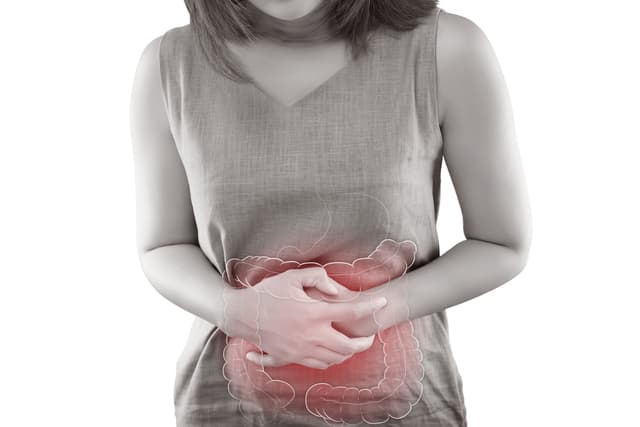Impact of stress on our digestive system
Stress can have a significant impact on our digestive system. When we experience stress, our body enters a “fight or flight” response, triggering a cascade of physiological changes that can affect digestion.
One of the primary effects of stress on digestion is a decrease in blood flow to the digestive organs. When we’re stressed, blood is diverted away from the digestive system and directed towards the muscles and organs needed for immediate action. This can lead to reduced secretion of digestive enzymes and a slower rate of digestion overall. As a result, we may experience symptoms such as stomach discomfort, bloating, and slowed bowel movements.
Stress can also disrupt the balance of gut bacteria, which play a vital role in digestion and overall gut health. The gut microbiota help break down food, absorb nutrients, and support a healthy immune system. However, stress can alter the composition and diversity of these beneficial bacteria, potentially leading to digestive issues like irritable bowel syndrome (IBS) or inflammatory bowel disease (IBD).
Furthermore, stress can contribute to the development or exacerbation of gastrointestinal disorders. Conditions such as acid reflux, peptic ulcers, and irritable bowel syndrome (IBS) have been linked to chronic stress. Stress can increase the production of stomach acid, leading to heartburn and acid reflux symptoms. It can also disrupt the normal contractions of the digestive muscles, causing spasms and abdominal pain associated with IBS.
Moreover, stress can impact our eating habits and food choices. Some individuals may turn to unhealthy coping mechanisms such as emotional eating or consuming highly processed, high-fat, or sugary foods. These dietary choices can further disrupt digestion and lead to weight gain or other complications in the long run.
To manage the effects of stress on digestion, it is crucial to adopt healthy stress management techniques. Regular exercise, deep breathing exercises, meditation, and engaging in activities that promote relaxation can be beneficial. Additionally, maintaining a balanced diet with adequate fiber, staying hydrated, and practicing mindful eating can support optimal digestion.
Remember, managing stress is not only crucial for our mental well-being but also plays a significant role in supporting a healthy digestive system.
You want to improve your health, life, relationships or connect with purpose and passion, but you don’t know where to begin. Maybe you feel like you have tried everything, but you continue to revert to your old patterns. Perhaps you know what to do but can’t seem to make yourself do it.
That’s where I come in!
I specialize in empowering individuals to create the changes you need to make in order to claim full responsibility for the direction of your life to equip and empower my clients to become the best version of themselves.
Contact Ginny for your Complimentary Discovery Session.
Health Coach Northern Kentucky
Blog by Foster Group

